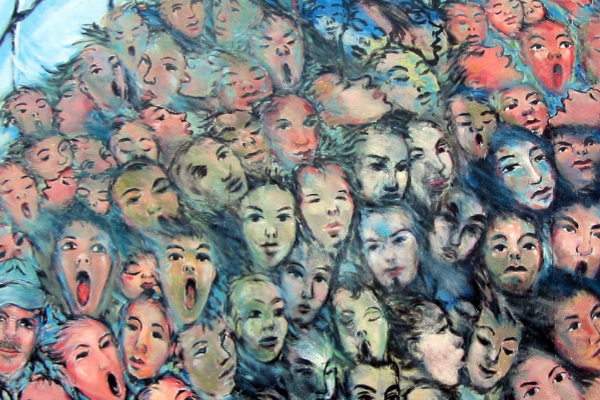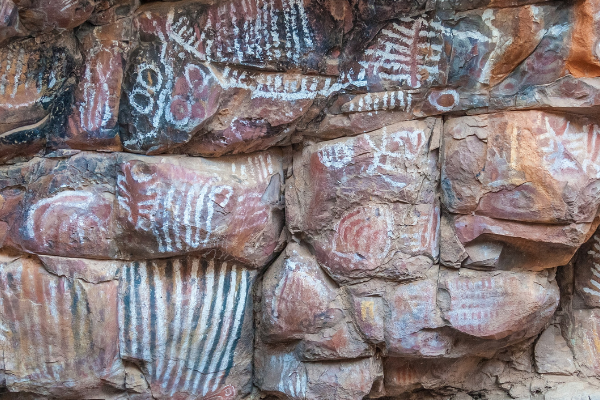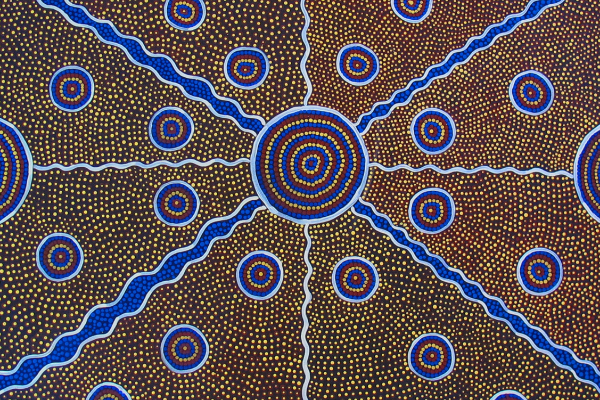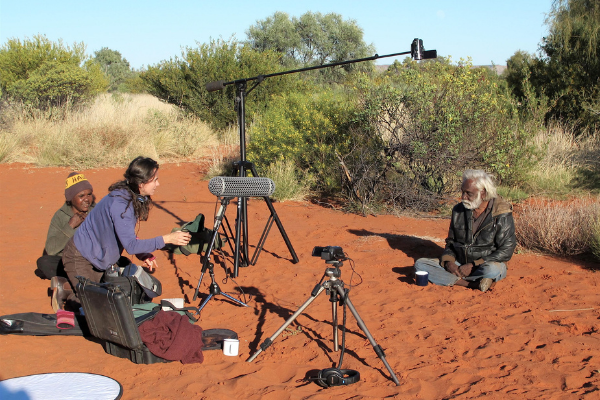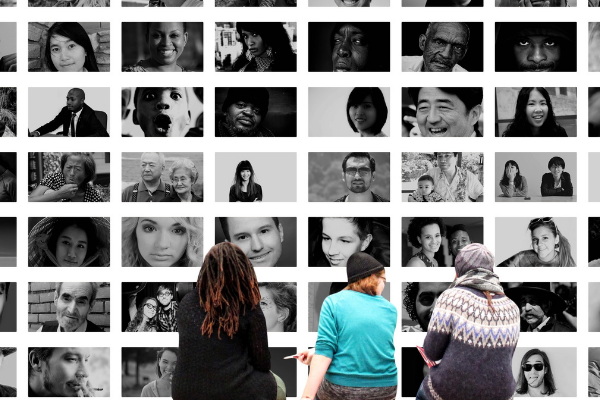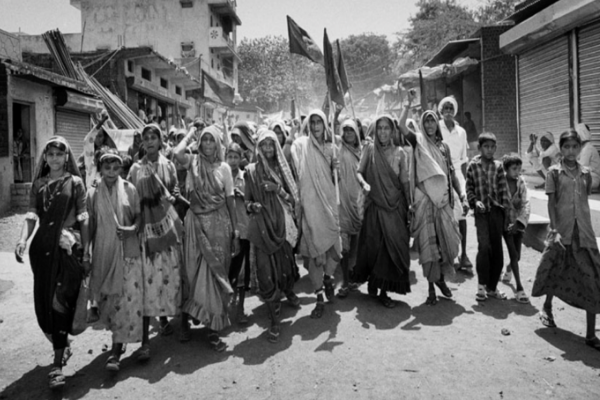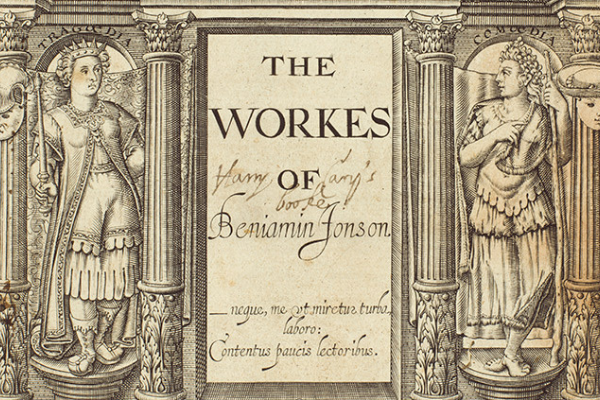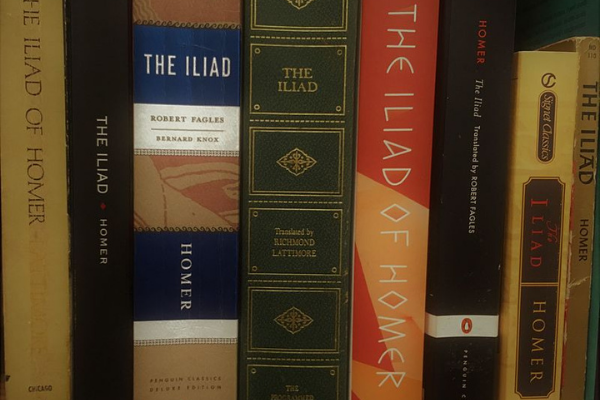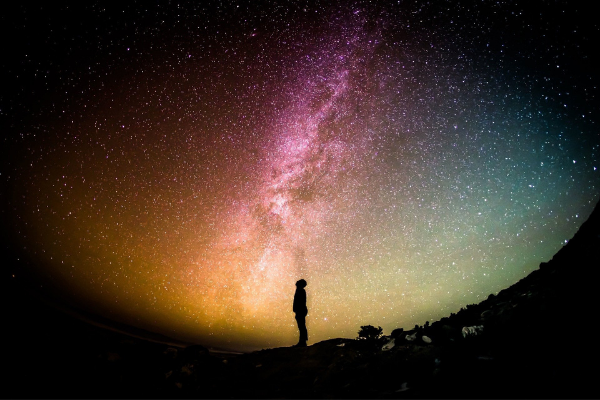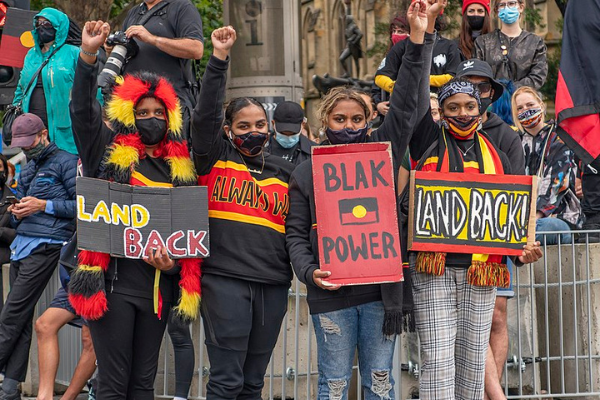Helping to bridge the east-west German literary divide
Poets, archives & secret police Sascha Anderson was a prominent avant-garde poet in East Berlin’s underground literary scene in the early 1980s. He was also, it emerged after the fall of the Berlin Wall, a high-ranking informer for the Stasi, East Germany’s infamous secret police agency. Revelations that communist East Germany’s literary and artistic circles […]
Helping to bridge the east-west German literary divide Read More »

